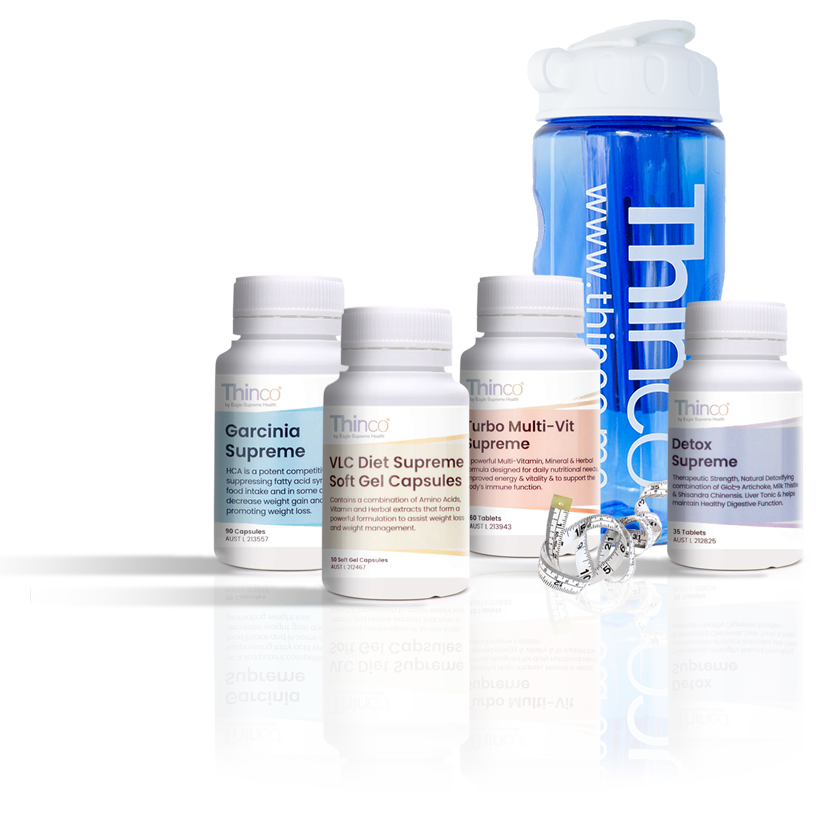
Unlocked: How to De-Stress
Relaxing seems simple, but that is not always the case. There are numerous reasons why you may find it difficult to unwind: whether you feel


These days, probiotics seem to be everywhere. Unlike some other nutritional trends, there’s solid research confirming probiotics’ benefits. Probiotics can really shift you in the right direction or delay a progression in the wrong direction, especially if you take them prophylactically. In normal words, this is one bandwagon you should jump onto.
What are they? Probiotics are live microorganisms, such as strains of bacteria, that in adequate amounts, give you an array of health benefits. They can be developed and grown in a lab and put in pills, powder, or other products. They also occur naturally in some fermented foods and drinks. When probiotics are present in your gut, they act like peacekeepers, helping to restore order and keep things humming. And scientists are finding that using probiotics to tinker with the gut’s bacteria balance may offer a new way of keeping people healthy.
What do they do to your body? Well, they take up temporary residence in your gut. Probiotics don’t move in permanently; you must keep consuming them to reach the maximum benefits. It requires about five days of habitual ingestion for probiotics to build up a presence. Pretty much, probiotics are smart. Some of the ones that help with diarrhea also help with constipation. They go in, figure out what’s needed and respond by either down-regulating inflammation or up-regulating your immune response.
Probiotics improve the guts barrier. In your gut, only one layer of cells stands between you and death. If that barrier is disrupted, pathogens could enter your bloodstream, making you very sick. Probiotics tighten the binding between cells and stimulate mucus production, shoring up the barrier and making it difficult for problematic bugs to wreak havoc.
They also starve out pathogens. Since the compete with the bad guys for food, probiotics keep harmful bacteria in check by making it harder for them to thrive.
So, what are the benefits of probiotics? Well two of the biggest reasons to consume probiotics are to prevent or manage gastrointestinal issues and to lower your odds of catching a bug. However, newer research suggests that probiotics also have the potential to help prevent or treat other conditions, such as high cholesterol, allergies, and even anxiety.
Are there side effects? Yes. Probiotics may increase bloating, gas or a change in bowel movements depending on the strain and your personal response to it.
A very common question is if probiotics aid weight loss? While no single food or supplement can make you lose weight, studies show that the link between probiotics and reduced obesity is promising.
Now if you aren’t good with taking tablets or just don’t want to go out and buy the powder and remember to have it, you can eat some probiotics foods. These are fermented foods and drinks like miso, tempeh, sauerkraut, kimchi, kombucha and dairy products such as yoghurt, kefir, fermented milk, and some cheeses.
If you do decide to start taking a probiotics supplement, make sure you get the most out of it by taking it correctly, follow storage guidelines, make it a daily habit, add dairy on top of the supplement, go for quality over quantity and stay the course.

Relaxing seems simple, but that is not always the case. There are numerous reasons why you may find it difficult to unwind: whether you feel

Winter has arrived, and with it comes the dreaded cold and flu season. But don’t allow the sniffles and coughs to bring you down! With

In order to encourage your body to burn fat for energy, the ketogenic diet calls for ingesting very little in the way of carbs and

The Thinco program helps the body to release stored adipose fat (bad fat) which fuels the body. In addition, they contain a powerful natural appetite suppressant of herbal extracts so you do not feel hungry.



Take this 2 minutes quiz and get your custom weight loss plan.


